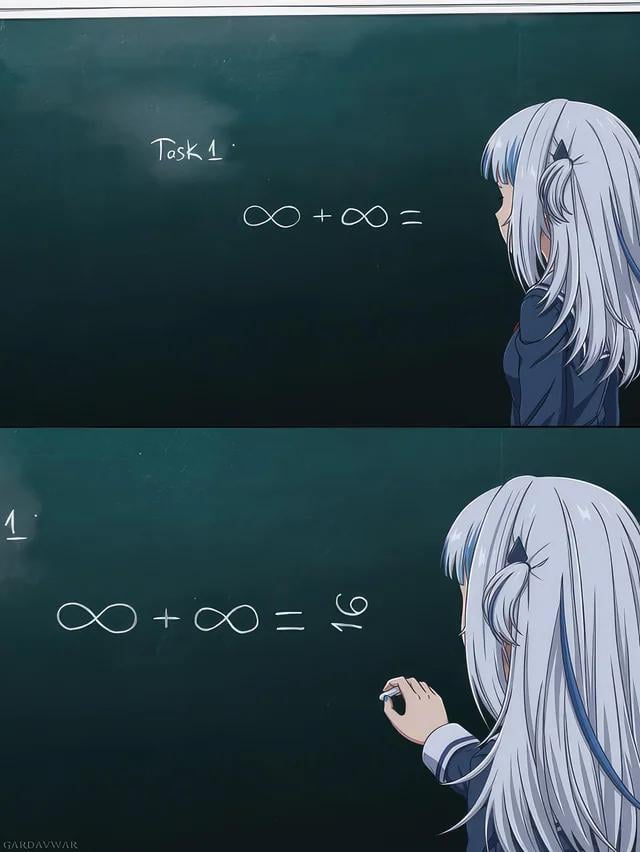this post was submitted on 07 Sep 2023
1026 points (99.0% liked)
Programmer Humor
24583 readers
958 users here now
Welcome to Programmer Humor!
This is a place where you can post jokes, memes, humor, etc. related to programming!
For sharing awful code theres also Programming Horror.
Rules
- Keep content in english
- No advertisements
- Posts must be related to programming or programmer topics
founded 2 years ago
MODERATORS
you are viewing a single comment's thread
view the rest of the comments
view the rest of the comments

Has anyone actually read through that? Reading the first few examples and it's just not understanding how languages work half of the time:
Wow, no shit, non-empty string coerces to true, who would've guessed! Did you know that
!!"bullshit" === !!"true"as well? Mind=blown.Again, no shit, that's in the NaN specification and the page even mentions it, so why even include it?
Which is why I'm of the opinion that dynamically typed languages are evil. !!"false" should either be caught at compile time or raise an exception.
I'm thoroughly convinced that the only use of dynamically typed languages is to introduce bugs
Why? IMO that's perfectly valid. The various type coercions are sometimes crazy, but IMO the rule that non-empty string is coerced to
trueand empty string tofalseis very simple to follow. The snippet is not even a gotcha, I don't see anything worth failing over. Putting "true" or "false" in a string doesn't change that.I am dumb. The more things I need to think about when reading code that is not the logic of the code, the worse it is. Any time I have to spend thinking about the peculiarities of the way the language handles something is time wasted.
I'll give a very simple example, think like you're trying to find a bug. Assume we're in a dynamic language that allows implicit conversion like this. We can write our code very "cleanly" as follows:
if(!someVar) doSomething();-> ok, now we gotta check where someVar's value is last set to know what type of data this is. Then I need to remember or look up how those specific types are coerced into a bool.
When trying the same code in a statically typed language that doesn't do implicit coercion that code will fail to run/compile so probably you'll have something like this:
if(someVar.length() == 0) doSomething();-> this time I can just look at the type of someVar to see it's a string and it's clear what the condition actually means.
The second option is both easier to read and less bug prone even without the type system. It takes maybe 3 seconds longer to type, but if your productivity in coding is that limited by typing speed then I envy you